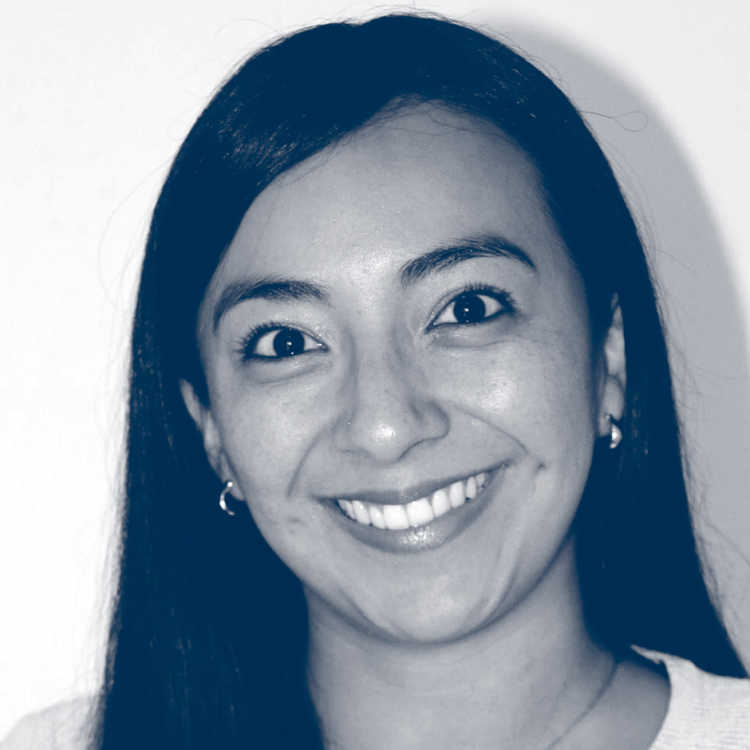- Startseite
- Publikationen
- Beiträge
- Narrative map on "COVID-19 and Dynamics of (Post)War Violence"
Sabine Kurtenbach / Viviana García Pinzón / André Bank
Narrative map on "COVID-19 and Dynamics of (Post)War Violence"
Infografik | 2022
Abstract
The pandemic altered the opportunity structures of state and non-state armed actors, exacerbated grievances, prompted new investments in services provision, and created new spaces for cooperation, thereby affecting the dynamics of violence across different dimensions and time horizons. However, the findings show that rather than being a game changer, either leading to increasing levels of violence or generating enduring peace initiatives, COVID-19 and the related health, economic, social, and political repercussions compounded several ongoing crises in Colombia and Syria without producing significant shifts in the trajectories of organised violence in both countries.
Forschungsschwerpunkte
Grafiker:in
Andrew Crawford
Verlag
German Institute for Global and Area Studies (GIGA)
















